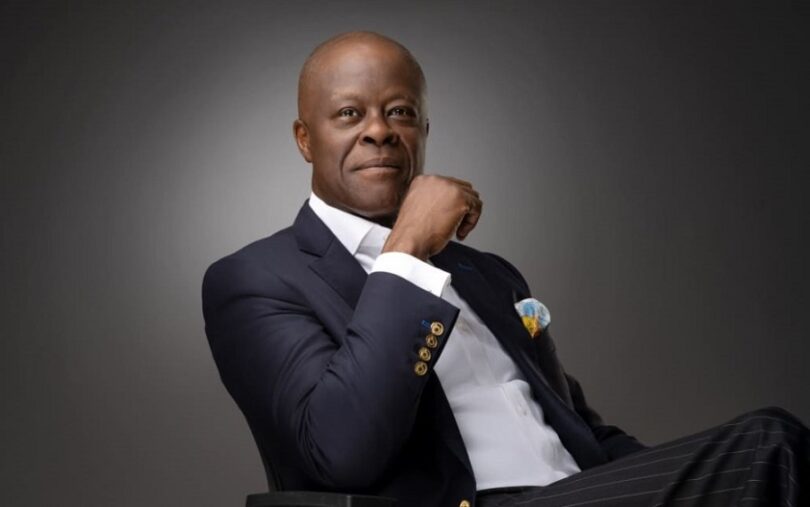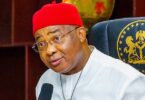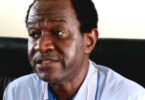Minister of Finance and coordinating minister of the economy, Wale Edun, has announced that the country has saved $20 billion by abolishing the petrol subsidy and adopting market-based foreign exchange pricing.
Edun made this disclosure at an event in Abuja, marking Esther Walson-Jack’s first 100 days in office as head of the federation’s civil service.
TRENDING NOW: PASTOR DAUGHTER MISTAKENLY SEND HER PRIVATE VIDEO MEANT FOR HER BOYFRIEND TO CHURCH WHATSAPP CHOIR GROUP, CLICK HERE TO WATCH
Despite this huge saving the federal government recently received approval from the National Assembly to borrow N1.77 trillion ($2.2 billion) for the 2024 budget.
The removal of subsidies has thrown the country into economic difficulties so much so that the larger population of the country are now struggling to eat food in Nigeria, as revealed by the National Bureau of Statistics,
Aside from the current economic hardship faced by most Nigerians, Nigeria is currently spending $3.5 billion to service other outstanding debts.
Edun disclosed that the full implementation of the key reforms of market-based pricing of premium motor spirit (PMS) and market-based pricing of exchange rate by the federal government saved about $20 billion or five percent of the country’s gross domestic product (GDP) as at October 2,2024.
“Five per cent of GDP is what those two subsidies cost,” Edun stated. “When there was a subsidy on PMS and foreign exchange, they collectively cost five per cent of GDP. Assuming GDP was $400 billion on average, five per cent is $20 billion—funds that could now go into infrastructure, health, social services, and education.”
He further explained that the savings are being redirected into developmental projects: “The real change is that no one can wake up and target cheap funding or forex from the central bank to enrich themselves without adding value. Similarly, profiteering from the inefficient petrol subsidy regime is no longer possible.”
The minister pointed out that after 18 months of reforms implemented by President Bola Tinubu, the country has changed with gains of the reforms now glaring after gestation period paid, discomfort, difficulty, and increased cost of living.
President Bola Tinubu officially ended the petrol subsidy regime on May 29.
Despite this, on August 19, the Nigerian National Petroleum Company (NNPC) Limited disclosed that the federal government owed N7.8 trillion for under-recovery, contradicting earlier denials of any subsidy reintroduction.








Leave a Comment